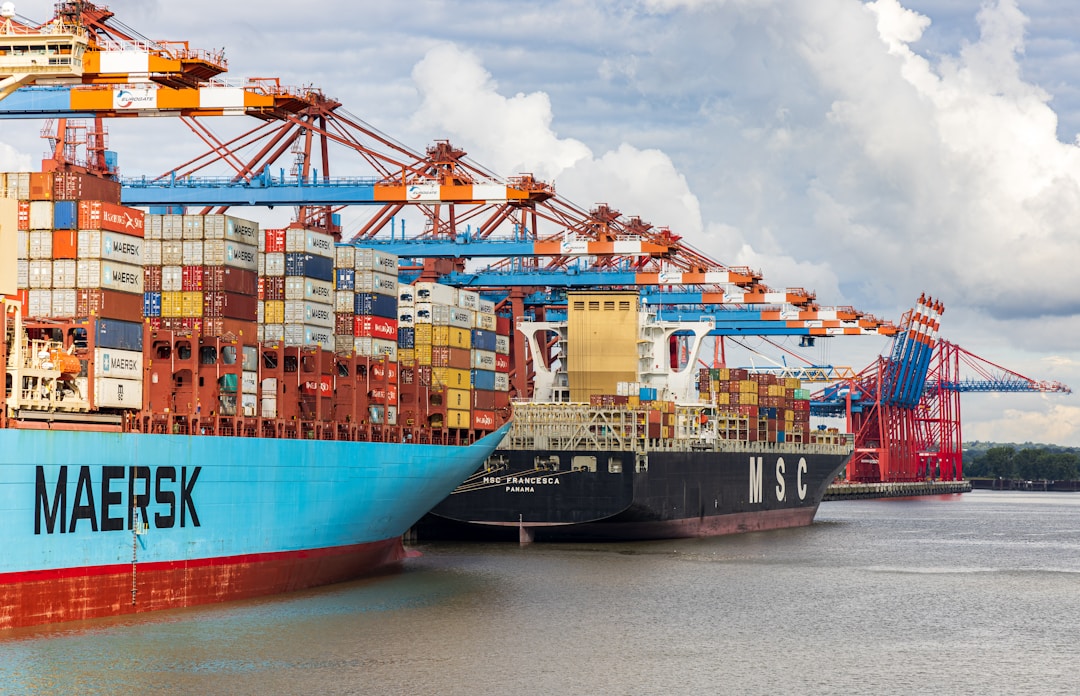Growth and redistribution are interdependent
As Tony Danker (Director-General of the CBI) said on Radio 4 in September, the idea that we have to choose between growth and redistribution (or justice, or equality, or fairness) is wrong-headed. The two things aren’t in opposition; in fact, they are interdependent. By the same token, low levels of growth and high levels of inequality feed off each other. As the Resolution Foundation and LSE suggested in Stagnation Nation, the interim report of the Economy 2030 Inquiry, “the toxic combination of slow growth and high inequality was posing challenges for low-to-middle income Britain’s living standards even before the post-pandemic cost of living crisis struck.”
Fairer societies are more prosperous
Fairer societies are more prosperous, because they are more efficient and more productive. Strong, resilient economies depend on a secure, healthy and well educated workforce and robust public infrastructure, both of which depend on well-funded public services. The Stagnation Nation report outlined what a real plan for growth should include, such as upgrading the skills of the UK population (focusing in particular on improving schools), improving infrastructure, and treating Net Zero as an opportunity to increase growth and create high-quality jobs.
Low-tax, low-regulation economies are bad for growth
Cutting back the state and removing regulations would harm growth. Unfair (i.e. unequal) societies harm economic growth because they undermine efficient markets; the poor don’t spend money while the rich hoard it offshore. The link between hard work and reward is corrupted when a lot of wealth is unearned, failure is rewarded and fair and open competition is undermined. Unequal societies deny people opportunities to develop and contribute to the economy, a huge waste of potential. High levels of inequality dampen both demand and output, as years of austerity have shown (the IMF agrees). A ‘dash for growth’ at all costs is likely to exacerbate inflation and undermine long-term growth, as most people learned from the Barber budget in 1971. And cutting taxes has no impact on economic growth, while giving money to the richest does not magically ‘trickle down’ to everyone else. Policies like restricting immigration, opposing housebuilding and other necessary infrastructure development and restricting collaboration with international partners will all constrain growth further.
Voters don’t like cutting taxes and regulations
Even if a low-tax, low-regulation policy agenda were somehow to magically help growth, voters are not keen on it, as Sam Freedman points out:
Voters want economic growth in the abstract, but they don’t want a lot of things that might, in theory, help that growth… from removing the planned rises in corporation tax to reducing employment protections and allowing bigger bonuses for bankers. Again the point is not whether these things will help growth – that is disputed – but that even if they did the public would still oppose them. Again the point is not whether these things will help growth – that is disputed – but that even if they did the public would still oppose them.
We can grow within planetary limits by reducing inequality
The richest in society are having an outsized impact on the climate crisis. In the UK, the average person in the top 1% emits 25 times more carbon dioxide equivalent (67 tons per year) than the average person in the bottom 10% (2.6 tons), and 13 times more than the average person in the bottom 50% (4.9 tons). The flip side is that, if we can reduce inequality and ensure that future growth is inclusive (benefiting everyone, not just the already-wealthy), we can improve living standards for everyone while reducing our carbon emissions in line with the Paris agreement. By 2030, the average per capita consumption emissions of the poorest 50% in the UK are set to fall to a level that is compatible with a 1.5°C rise in global temperatures (2.3 tons of CO2 per year), but the richest 10% will remain five times above it, and the richest 1% will remain 14 times above it.
But we need to measure the right things
Why is growth in GDP still the main measure of progress across the world? We need to measure what really matters. As Robert F Kennedy said in a speech at the University of Kansas in March 1968:
Gross national product does not allow for the health of our children, the quality of their education or the joy of their play… It measures neither our wit nor our courage, neither our wisdom nor our learning, neither our compassion nor our devotion to our country. It measures everything, in short, except that which makes life worthwhile.








